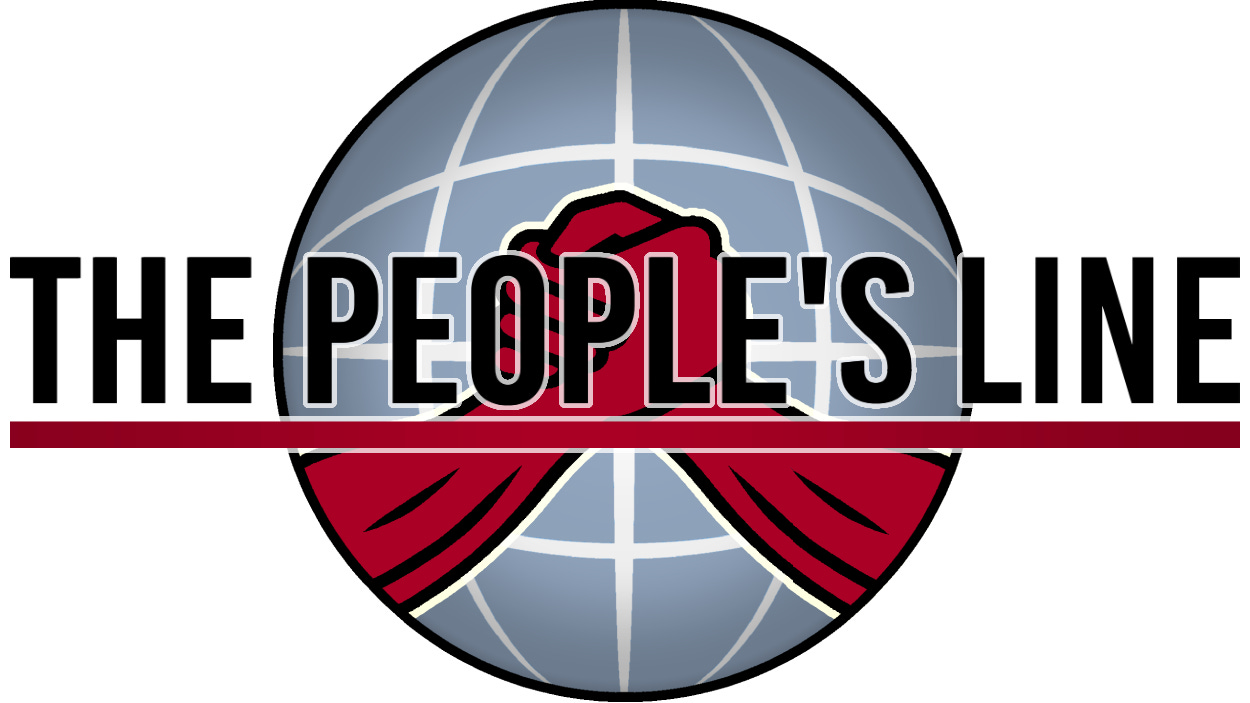Wealth inequality: the past, and the future
Part VI: The long future of capitalism.
This is the sixth of a multipart series on the past and future of capitalism. Part I is here. Part II is here. Part III is here. Part IV is here. And Part V is here.
The world at 20,000 BC is inhospitable, a cold, dry and windy planet with frequent storms and a dust-laden atmosphere… People survive wherever they can, struggling with freezing temperatures…




